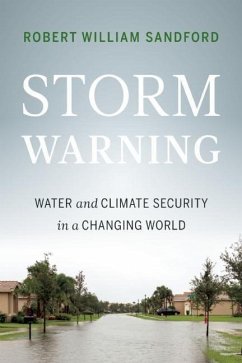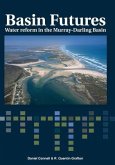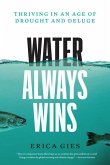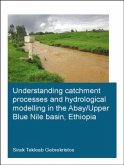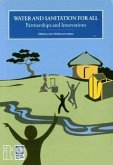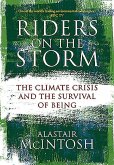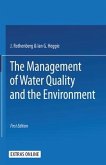Human beings and industrial-based society are changing the composition of our planet's atmosphere and causing it to warm at an unnatural and oftentimes astonishing rate. Much of that warmth is being absorbed by water which is causing an acceleration in the rate and manner in which water moves through the global hydrological cycle. A warmer atmosphere carries more water vapor which means as temperatures continue to rise storms will be more intense, last longer and cause more damage to our towns, cities and vital infrastructure. On the other side of the hydro-climate coin, we can also expect deeper, more persistent and damaging droughts throughout the world resulting in dramatic losses, difficult economic outcomes and fundamental alterations to landscape. This highly considered, accessible and readable book explains how changes in the water cycle have already begun to affect how we think about and value water security and climate stability and what we can do to ensure a sustainable future for our children and grandchildren.
Hinweis: Dieser Artikel kann nur an eine deutsche Lieferadresse ausgeliefert werden.
Hinweis: Dieser Artikel kann nur an eine deutsche Lieferadresse ausgeliefert werden.
